Industry News
Sports and Intellectual Property

Intellectual Property (IP) law has a vast domain, and that even stretches to include the world of sports.
While at first this may seem strange, you only need to think for a moment about all of the creative aspects that go into sports. There’s actually a great deal of protectable intellectual property in many different areas.
To go over a few of the ways that intellectual property matters in sports, we’ll touch upon four of the most notable areas: technology, branding, design and licenses/sponsorships.
Technology
Sports technologists are constantly developing better sports equipment with creative and innovative designs and concepts to enhance performance and make the products safer, better and more effective.
From swimsuits to tennis rackets, there is always something that can be improved with cutting-edge ideas that qualify for IP protection, spurring inventors to learn how to patent an idea and ensure the rights to their ingenuity.
As long as the idea that a technologist introduces is truly novel and revolutionary, it is just as eligible for a patent as inventions in other fields.
Previous innovations that were rewarded with patents include:
- Progressive replacement and upgrades of materials (wood/rubber/twine to complex materials with alloys and polymers)
- Sleeker surfboards
- More efficient and comfortable gloves for goalkeepers
- Aquatic wheelchairs
- Sports drinks and supplements
Having patents as such a significant part of athletics is one of the incentives for creative minds to continuously improve equipment and make for a better, more efficient performance by competitive players.
Branding
While patents are one of the more intense and official aspects of intellectual property, other forms of protection like trademarks for elements of brandings are also applicable to the world of sports.
J.D. Houvener, a New York patent attorney, stresses the importance of IP law outside of patents:
“While I’m obviously an advocate for patents and find that to be one of the most exciting parts of entrepreneurship, I also can’t emphasize the importance of other IP law enough. Trademarks, copyrights and trade secrets are all major parts of protecting your brand and creative property, so they deserve some attention as well.”
Brands create value for a particular business and help consumers distinguish between products based on reputation and recognition. Successful branding can lead to customer loyalty and even premium pricing, especially in terms of sponsorship deals and merchandising.
Some famous examples of branding in the sports industry include:
- Recognized names like “Wilson” or “Sketchers”
- Recognized symbols like the Nike swoosh or the Adidas stripes
- Recognized organizations like the NBA in the U.S. or Manchester United in the U.K.
- Recognized sponsors at major events like the FIFA World Cup or the Olympic Games
- Recognized nicknames/poses/slogans of famous athletes like Usain Bolt’s “to di world”
Just like in any other industry, trademarks can help athletes, sports organizations and athletic companies protect what makes their brand unique and recognizable.
Design
Much like with branding, there is also a heavy importance on protecting original design ideas in the world of sports.
Design in athletics can range from a variety of different images and aesthetics that impact the appearance and style of things like shoes, bags, swimsuits and more. The attractive and appealing aspects of sportswear and gear are just as important as other areas of fashion and equipment, particularly when it comes to commercial value.
It all boils down to competition, much like the rest of the global marketplace. A product with a sleek and attractive design will be more marketable than a product of equal function and quality that is less exciting or appealing.
For this reason, companies race to claim and invest in new and creative designs that mirror trends in consumer taste and interest so that they can obtain intellectual property rights over them.
Plus, aside from aesthetic purposes, designs can also play a role in enhancing performance. Lighter, more durable and more comfortable designs and products will win consumers over when they make their decisions, and having a right to those successful designs makes an enormous difference in sales and profit.
Licenses & Sponsorships
Lastly, sports organizations can significantly boost income potential through licensing patents, trademarks and copyrights while still maintaining overall ownership.
Ultimately, this means the original owner of the protection still has claim to that patent, trademark or copyright, but that they sold the rights to another party, giving them permission to produce the idea in exchange for a price.
A trademark license defines the legal relationship between the trademark owner and a producer. The licensee will manufacture and distribute the product with the trademarked concept (such as a name or logo) while the licensor will oversee product quality to uphold the trademark’s reputation.
A technology license is a similar concept that pertains more to equipment-related ideas. Companies who license out their technologies can enjoy a boost in income from wider production and distribution while companies who license in can produce and sell the latest equipment development and maintain competitive drive.
Sponsorship gives a marketing opportunity to companies hoping to capitalize off major sporting events like FIFA World Cup. Sponsors typically gain the rights to brand association, media exposure and other perks depending on their level of sponsorship and the event in question.
In Summary
When most people think of sports, they likely think of the players and the game before anything else. That said, there are still many other areas that are crucial parts of the athletic industry, and intellectual property is a big deal to those areas.
With innovative technology for gear and equipment, branding for teams and companies, original designs for new materials and licenses/sponsorships, the need for IP law is never-ending.
For more great content on sports and gaming, be sure to keep up with our other regular postings!
Article written by: Katherine Lutz. A graduate of Florida State University, Katherine (Tori) Lutz is a Florida native currently living in Brooklyn, New York. Since graduating, she has made a career out of freelance work and published through a variety of outlets in many industries.
-
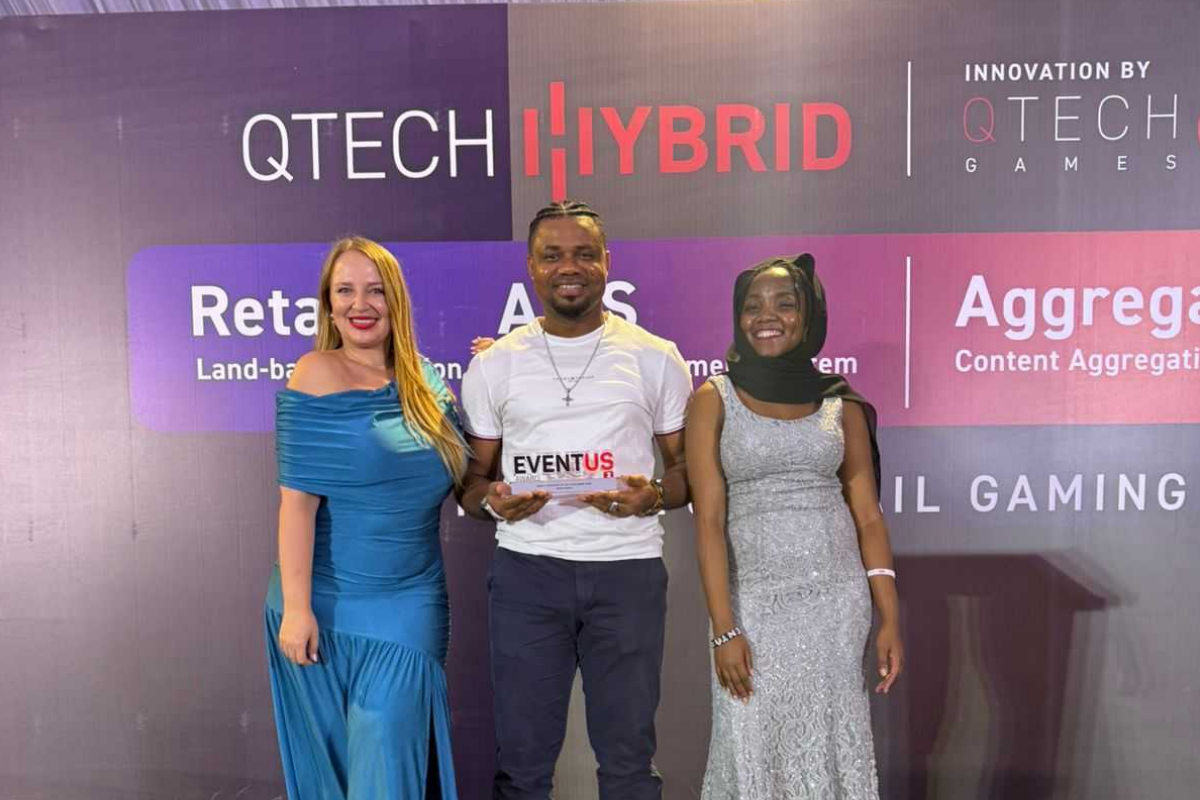
 Africa7 days ago
Africa7 days agoQTech Games wins Best Innovation of the Year at the 2025 SBWA+ Eventus Awards
-

 Asia7 days ago
Asia7 days agoNODWIN Gaming and JioStar Unveil OnePlus Android BGMS Season 4
-

 Latest News7 days ago
Latest News7 days agoCalema to Perform at Legends Charity Game in Lisbon
-
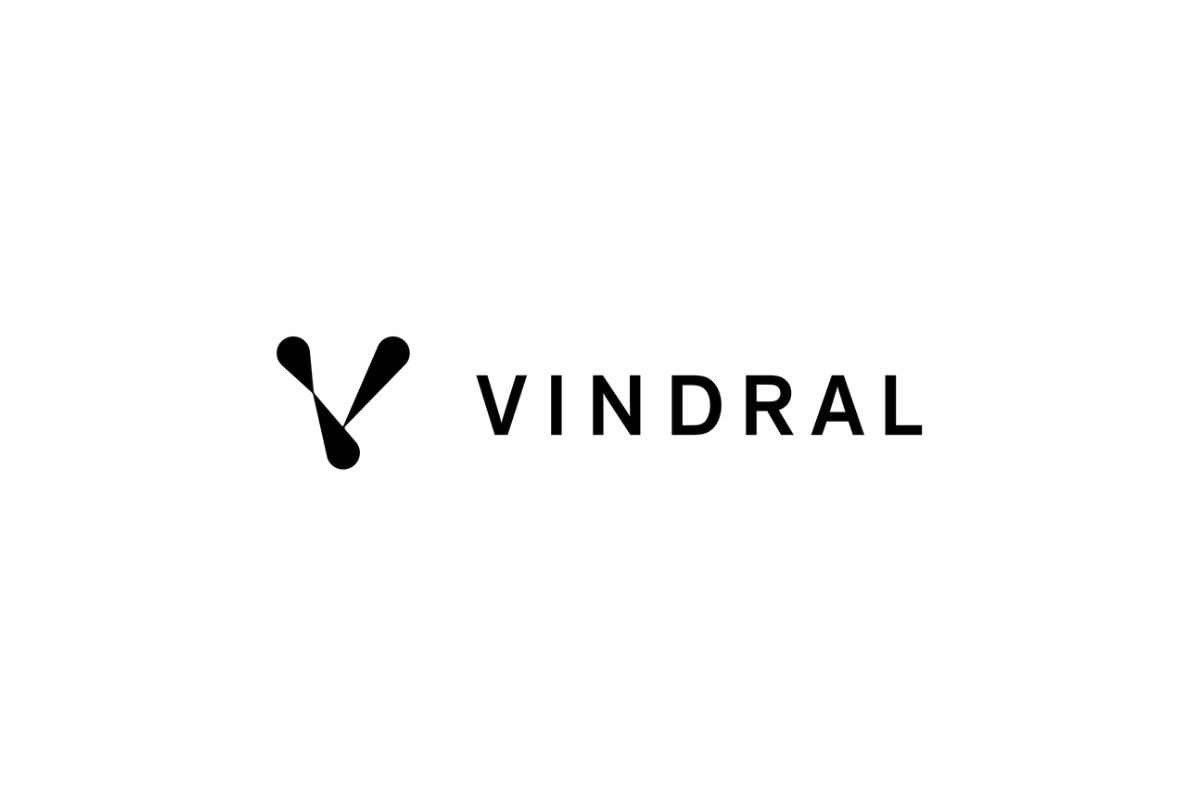
 Latest News7 days ago
Latest News7 days agoVindral appoints Henrik Fagerlund as Chairman of the Board
-
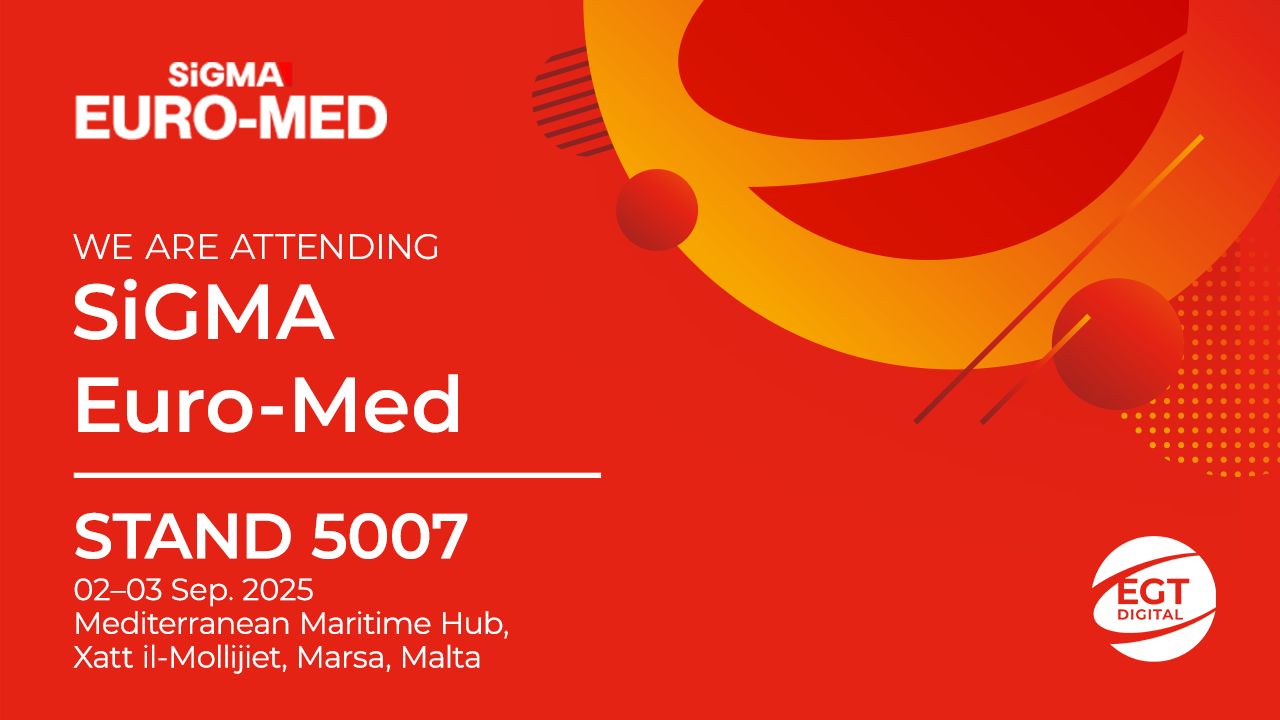
 Conferences in Europe7 days ago
Conferences in Europe7 days agoEGT Digital and EGT to rock the show at SiGMA Euro-Med 2025
-

 Latest News6 days ago
Latest News6 days agoPush Gaming redefines its portfolio, unveiling new game categories and sub-brand for extended player reach
-
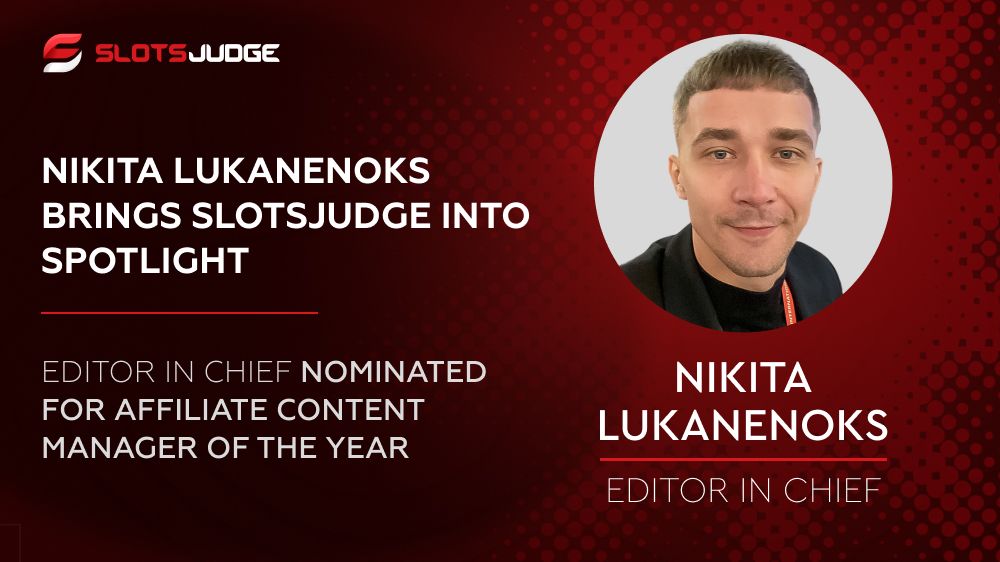
 Affiliate Industry6 days ago
Affiliate Industry6 days agoNikita Lukanenoks Brings Slotsjudge Into Spotlight With Affiliate Leaders Awards 2025 Nomination
-
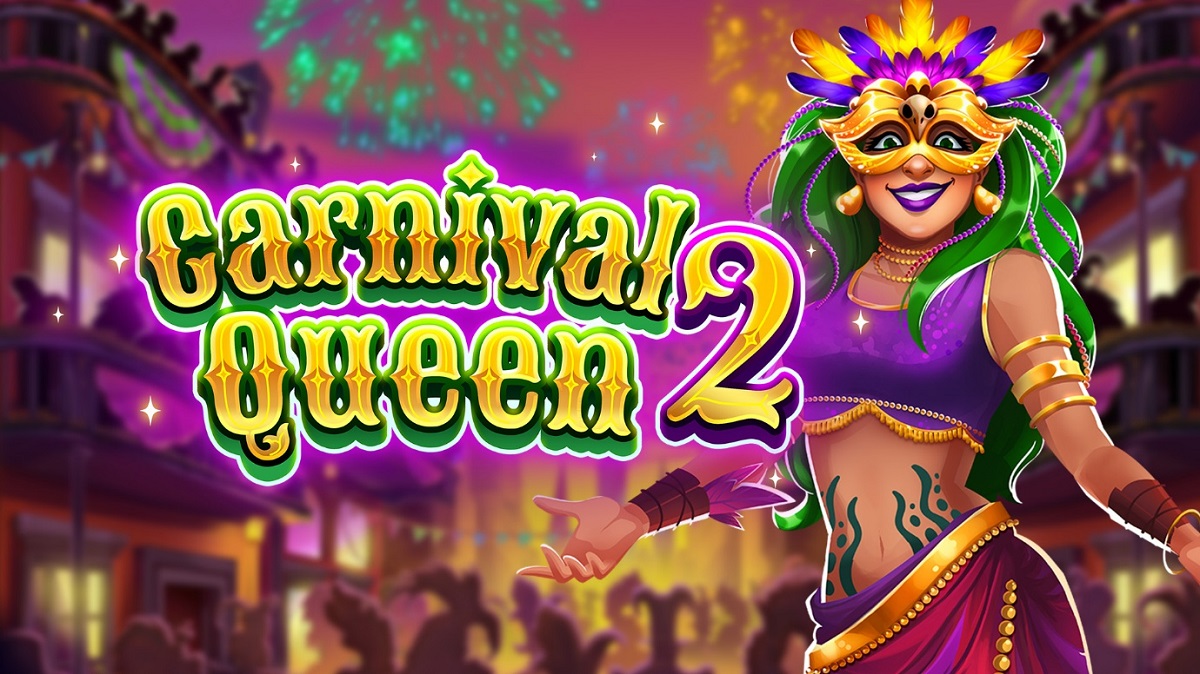
 Latest News7 days ago
Latest News7 days agoThunderkick returns for an even fierier fiesta in Carnival Queen 2

















